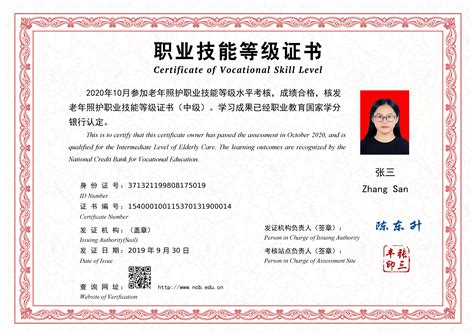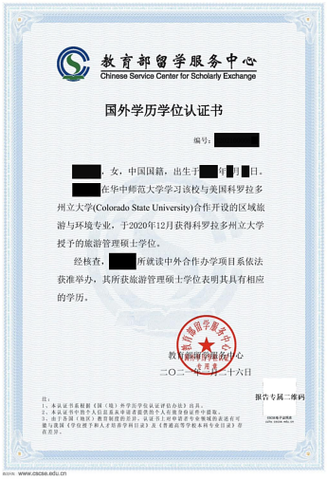移民一定是出国吗
[Immigration Bureau: NonEssential Travel Abroad]
As of my last update in January 2022, many countries had implemented travel restrictions and guidelines due to the COVID19 pandemic. These measures often included advisories against nonessential travel, especially for international trips. Here's a detailed look at what "nonessential travel" entails and why immigration bureaus might advise against it:
1.
Definition of NonEssential Travel
: Nonessential travel typically refers to trips that are not critical or necessary for essential purposes such as work, medical treatment, education, or family emergencies. It includes vacations, tourism, and recreational travel.2.
Reasons for Advisories Against NonEssential Travel
:
Public Health Concerns
: During a pandemic like COVID19, nonessential travel can contribute to the spread of the virus, both within and across borders. Travelers may be exposed to the virus during transit or in destination areas, and they may also inadvertently carry the virus to new locations.
Strain on Healthcare Systems
: Increased travel can lead to a surge in cases, putting pressure on healthcare systems in both the traveler's home country and their destination. This strain can result in shortages of medical supplies, hospital beds, and healthcare workers.
Risk of Transmission Variants
: Travel can facilitate the spread of new variants of the virus, potentially undermining efforts to control the pandemic through vaccination and public health measures.
Challenges of Monitoring and Quarantine
: Nonessential travel complicates efforts to track and trace infections. Travelers may not adhere to quarantine requirements upon their return, increasing the risk of community transmission.
Unpredictable Situations
: The COVID19 situation can change rapidly, with new outbreaks, lockdowns, and travel restrictions imposed with little notice. Nonessential travelers may find themselves stranded or subject to quarantine measures in destination countries.3.
Mitigating Measures
:
Vaccination Requirements
: Some countries may require proof of vaccination for entry or may impose fewer restrictions on vaccinated travelers.
Testing Protocols
: Pretravel testing and testing upon arrival can help identify and isolate infected individuals, reducing the risk of transmission.
Quarantine Policies
: Mandatory quarantine periods for travelers from highrisk areas can help prevent the spread of the virus.
Travel Advisories and Warnings
: Immigration bureaus and government agencies issue travel advisories and warnings to inform citizens about the risks associated with nonessential travel and to provide guidance on safer alternatives.4.
Impact on Immigration Policies
: Immigration policies may be adjusted in response to the pandemic to prioritize essential travel and ensure the safety and wellbeing of residents and visitors. This could include temporary suspensions of visa issuance, changes to entry requirements, and adjustments to processing times for immigration applications.In summary, immigration bureaus advise against nonessential travel during the COVID19 pandemic to protect public health, prevent the spread of the virus, and minimize the strain on healthcare systems. Travelers are encouraged to stay informed about the latest travel advisories and to follow recommended guidelines to reduce the risk of infection and transmission.











